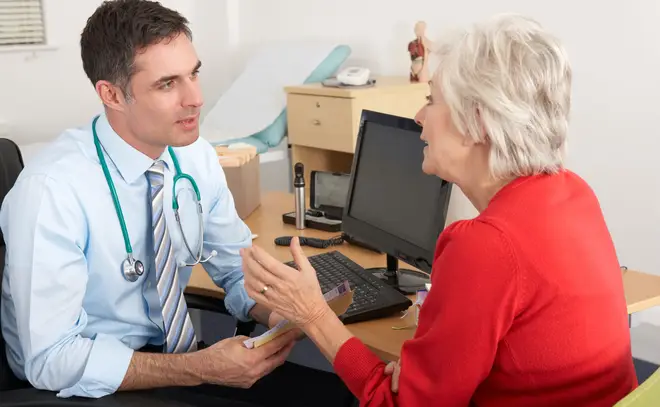
Boxing Day Special with Shelagh Fogarty 1pm - 3pm
18 August 2021, 00:30

New research shows there are fewer GPs per patient in poorer parts of England compared to wealthier regions, with academics warning of widening health inequalities.
In more deprived neighbourhoods, a lack of family doctors is often compensated by nursing roles, the University of Cambridge study found.
Dr John Ford, from the Department of Public Health and Primary Care at the University of Cambridge, the study's senior author, said: "People who live in disadvantaged regions of England are not only more likely to have long-term health problems, but are likely to find it even more difficult to see a GP and experience worse care when they see a GP.
"This is just one aspect of how disadvantage accumulates for some people leading to poor health and early death."
READ MORE: 'Decades of discrimination' led to BAME Covid inequality, report finds
The research, published in the British Journal of General Practice, examined the number of GPs in each region for every 10,000 patients in the community.
Researchers found that between September 2015 and December last year there were, on average, 1.4 fewer full time equivalent GPs per 10,000 patients in the most deprived areas compared to the least deprived areas.
They said the lower GP numbers in deprived areas was compensated, in part, by more nurses.
But people in more deprived neighbourhoods also had fewer patient-facing staff.
Claire Nussbaum, the study's first author, said: "The primary care staffing inequalities we observed are especially concerning, as they suggest that access to care is becoming increasingly limited where health needs are greatest.
"Addressing barriers to healthcare access is even more urgent in the context of Covid-19, which has widened pre-existing health and social inequities."

Inequality in pandemic mirrors inequality in UK healthcare
Commenting on the study, Professor Martin Marshall, chairman of the Royal College of GPs, said: "People living in deprived areas tend to have a greater number of long-term health conditions and more complex health needs, and therefore often require greater access to GP care and services.
"Urgent funding is needed for initiatives to attract GPs to under-doctored areas, as well as recruiting more GPs to the profession overall and preventing the ones we do have from burning out."
Dr Richard Vautrey, chair of the general practitioners committee at the British Medical Association, added: "This research not only highlights the severity of the workforce crisis facing primary care, but also the dire consequences it's having on deprived communities across the country - each one made up of real people, unable to get the timely care that they need.
"Government cannot afford to ignore this any longer; especially in the context of Covid-19, which has created an unprecedented NHS care backlog.
"Without safe staffing levels to overcome it, there will be further detriment to the wellbeing of both staff and patients long into the future."